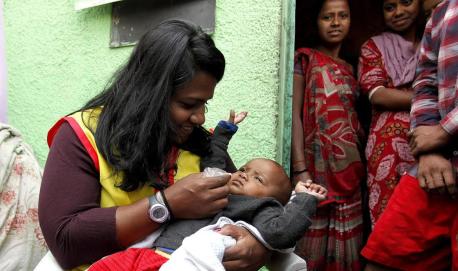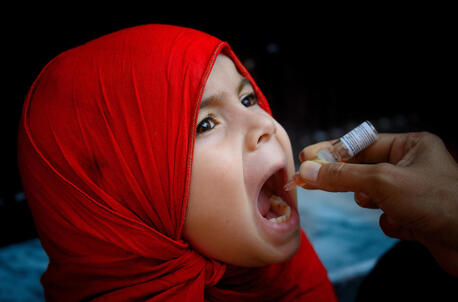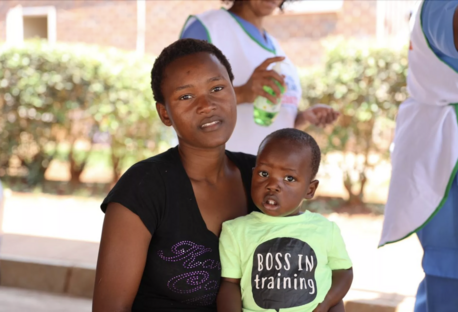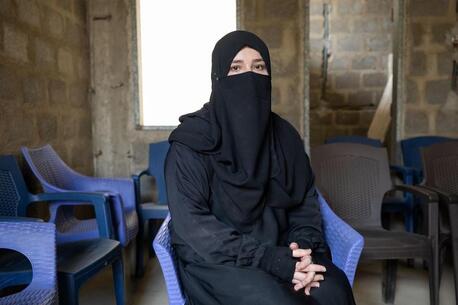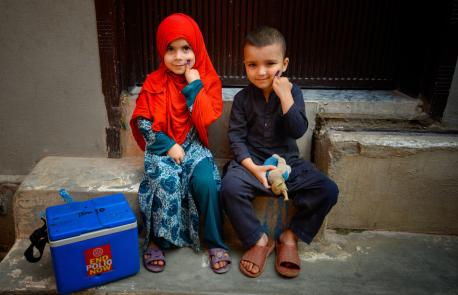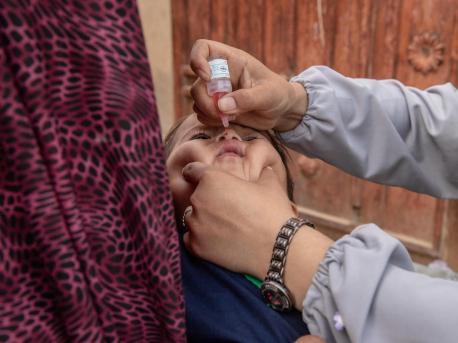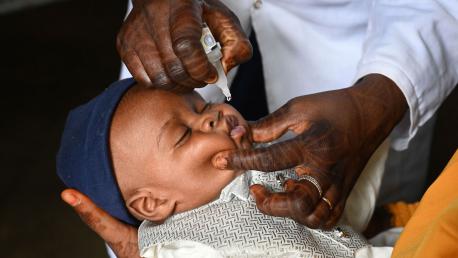
Polio
Despite tremendous progress in the decades-long fight to eradicate polio, children remain vulnerable to this vaccine-preventable disease. UNICEF and partners are committed to immunizing every child and ending polio once and for all.
UNICEF and the fight to end polio: on the brink of eradication
Polio, the deadly viral disease that was once the leading cause of paralysis among children worldwide, is very close to being eradicated. However, it is not gone.
The poliovirus is even emerging now in countries that have remained polio-free for decades. To eliminate polio completely, we must vaccinate every child in every household. And despite progress in global immunization efforts, millions of children are still missing out on the polio vaccine.
The barriers are many. Conflict and displacement, public health crises like the COVID-19 pandemic that disrupt delivery of essential health services, misinformation about vaccines — all have left children vulnerable to polio and other vaccine-preventable diseases.
UNICEF remains committed to working with governments, public and private partner and communities to overcome these and other challenges so that every child can be protected from polio.
UNICEF: vaccinating over 400 million children globally every year, building trust in vaccines
As a spearheading partner of the Global Polio Eradication Initiative (GPEI), UNICEF helps vaccinate over 400 million children globally against polio every year, ensures that there is a sufficient supply of vaccines to meet global needs. UNICEF also deploys strategies for social and behavior change to build trust in vaccines and motivate caregivers to vaccinate their children.
A key to the success of this approach is success is the participation of women. Female vaccinators play a critical role in building community trust for vaccine acceptance and for increasing immunization coverage — especially in countries where cultural norms prevent or discourage men from entering households.
The achievements of global efforts to eradicate polio
Since the launch of the GPEI in 1988, over 3 billion children have been immunized, over 20 million have been spared disability, and over 900,000 polio-related deaths have been prevented. The number of people afflicted with polio has declined by more than 99.9 percent, and two of the three types of wild polio virus have been eradicated.
The GPEI — born out of the world’s commitment to reach every child in every country with the polio vaccine — is a public-private partnership led by national governments and supported by six core partners: UNICEF, the World Health Organization (WHO), Rotary International, U.S. Centers for Disease Control and Prevention (CDC), the Bill and Melinda Gates Foundation (BMGF), and GAVI, the vaccine alliance.
